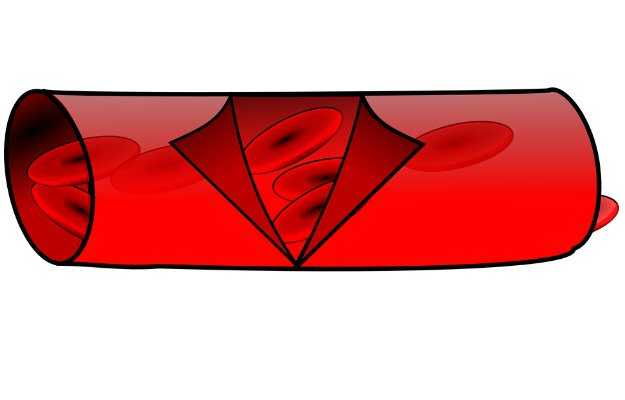What is vasculitis?
Vasculitis is a condition in which the immune system attacks blood vessels, causing their inflammation, which can eventually lead to serious problems. Complications develop based on which part of the body is affected.
What are its main signs and symptoms?
The signs and symptoms of vasculitis depends on its type and severity and the organs involved. They also vary in pattern and duration. However, the commonly seen symptoms include:
- Fever
- Loss of weight and/or appetite
- Fatigue
- General aches and pains
- Skin reactions
- Arthritis or joint aches
- Coughing blood
- Mouth or nose ulcers
- Shortness of breath
- Middle ear infections
- Hearing loss
- Red, itchy, and burning eyes
- Blurring of vision
- Muscle weakness
- Numbness and tingling sensation
What are the main causes?
The common causes of vasculitis include:
- Autoimmune reaction
- A recent or chronic (ongoing) infection
- Certain medications
- Certain cancers of the blood (such as leukaemia and lymphoma)
How is it diagnosed and treated?
The physician takes a history of the individual followed by a physical examination and blood pressure check, followed by tests as below:
Blood tests include:
- Antineutrophil cytoplasmic antibodies (ANCA)
- C-reactive protein (CRP)
- Haemoglobin and haematocrit
- Erythrocyte sedimentation rate (ESR)
- Urinalysis
- Chest X-ray
- Biopsy
- Lung function tests
- EKG (electrocardiogram)
- Echocardiography
Scans such as:
- Abdominal ultrasound
- Computed tomography (CT) scan
- Magnetic resonance imaging (MRI)
- Duplex ultrasonography
- 18F-fluorodeoxyglucose positron emission tomography (FDG-PET)
- Angiography
Management of vasculitis depends on its type, severity and the organ affected by it, and includes:
- Vasculitis is treated with the primary goal of reducing inflammation by either reducing or stopping the immune response causing it.
- Corticosteroids such as prednisone, prednisolone, and methylprednisolone are given to reduce the inflammation.
- In individuals with mild vasculitis, painkillers such as naproxen, acetaminophen, ibuprofen, or aspirin are prescribed.
- Cytotoxic medications (cyclophosphamide, azathioprine, and methotrexate) are prescribed in individuals with severe vasculitis, where sometimes corticosteroids are not helpful. In rare cases, surgery might be required.
- In a type of vasculitis such as Kawasaki disease, standard treatment involves high-dose aspirin and immunoglobulins.
















